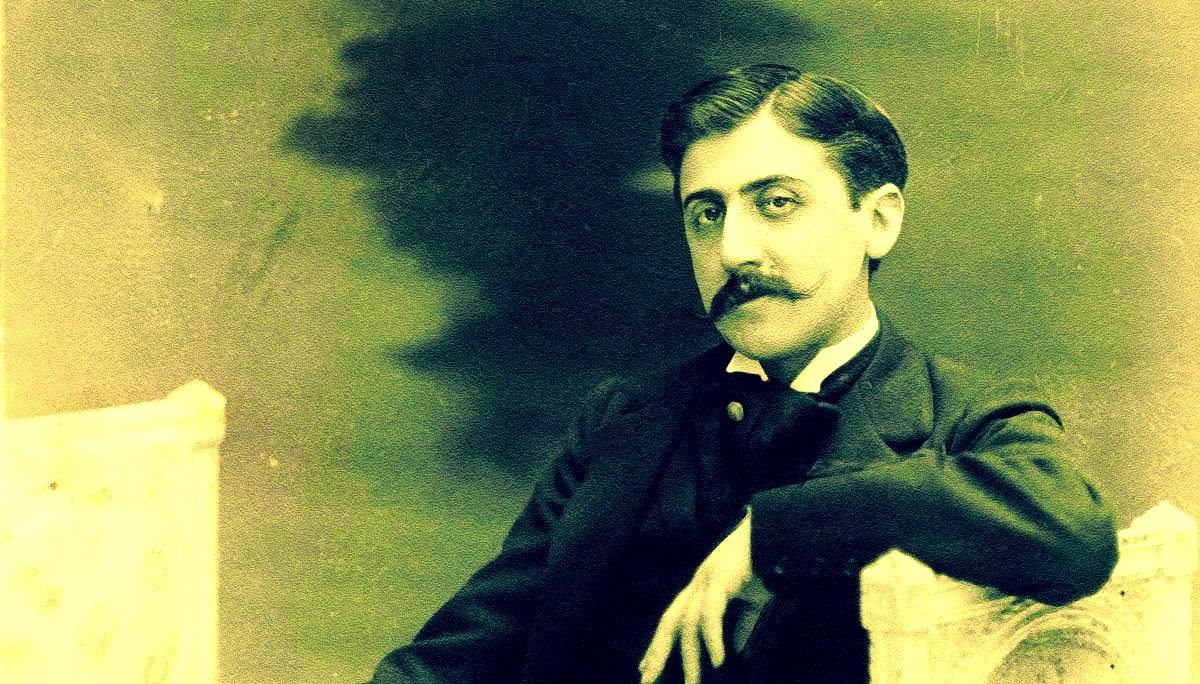Blogging a bit late this morning since I was reading and studying right up until Eileen got up. Then we had breakfast and boggled.

I have been thinking about the ideas of attention and intention. In her book, Reclaiming Conversation, Turkle talks a lot about attention and its ebbing. If I’m lost in my phone, obviously my attention is usually not who I am with or where I am.

But more than this, we are losing our ability to attend.

Turkle tells a great story about Maryanne Wolf, a professor and cognitive neuroscientist who studies brain function and reading. Wolf wanted one evening to relax with a book she read when she was young, The Glass Bead Game.

This story got my attention because the book in the story is a very important to my own development. I have read it at least twice.
But Wolf found that she was unable to focus on the book and follow it the way she had previously been able to. She ascribed this to her use of the Internet and set about to systematically get her ability to concentrate (attend) back. It took her four weeks of work but she did it.

More about her later. I was thinking about the implications of this loss of attention around the idea of listening to music. If people are not using deep attending/listening/thought in their lives, it is no wonder they don’t seem to appreciate or notice live music.

I hadn’t thought of this before.
I’ve also been thinking about the benefit of an actual printed page in a book versus on one of my devices. I am considering purchasing a copy of the second edition of my Greek Textbook which contains the Greek for reading. Right now I own the Kindle of this book and purchased it because the printed books are so expensive.

I own the first edition in book form. l have found myself returning to the first edition for my daily study. I’m not sure why, but I find that I read the Greek differently on a page than on a screen even though in both cases I tend to read it out loud.

In her 2010 article, “Our Deep Reading Brain: Its Digital Evolution Poses Questions,” it is the same Marryanne Wolf who was reading Hesse that makes some observations (which Turkle puts in a footnote in her book).
I think they are worth sharing.
My major worry is that, confronted with a digital glut of immediate information that requires and receives less and less intellectual effort, many new (and many older) readers will have neither the time nor the motivation to think through the possible layers of meaning in what they read. The omnipresence of multiple distractions for attention—and the brain’s own natural attraction to novelty—contribute to a mindset toward reading that seeks to reduce information to its lowest conceptual denominator. Sound bites, text bites, and mind bites are a reflection of a culture that has forgotten or become too distracted by and too drawn to the next piece of new information to allow itself time to think.
Maryanne Wolfe

“The act of going beyond the text to analyze, infer and think new thoughts is the product of years of formation. It takes time, both in milliseconds and years, and effort to learn to read with deep, expanding comprehension and to execute all these processes as an adult expert reader. When it comes to building this reading circuit in a brain that has no preprogrammed setup for it, there is no genetic guarantee that any individual novice reader will ever form the expert reading brain circuitry that most of us form. The reading circuit’s very plasticity is also its Achilles’ heel. It can be fully fashioned over time and fully implemented when we read, or it can be short-circuited—either early on in its formation period or later, after its formation, in the execution of only part of its potentially available cognitive resources.
Because we literally and physiologically can read in multiple ways, how we read—and what we absorb from our reading—will be influenced by both the content of our reading and the medium we use.” Maryanne Wolf
I recommend the whole article. I love it that she quotes Proust (another favorite of mine whom I have read over and over).
